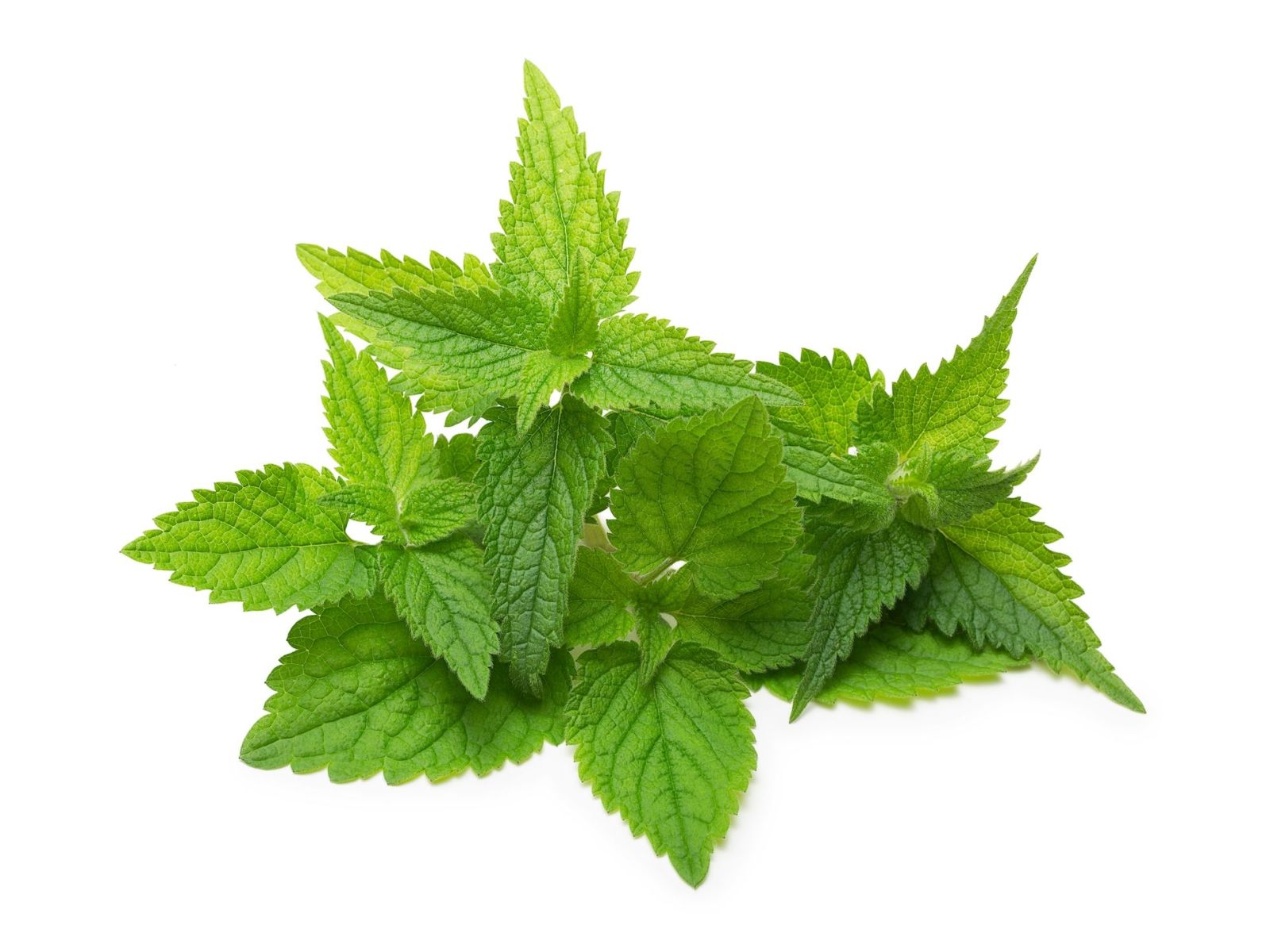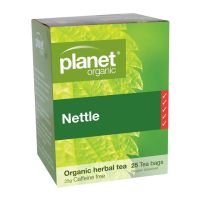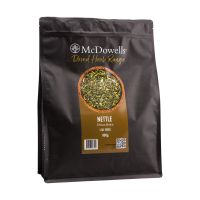The sharp hairs on the leaves of stinging nettle make this plant quite unpopular! The hairs contain formic acid and histamine, which give the itching and burning sensation. The word “nettle” is said to from the Anglo-Saxon word “noedl” meaning “needle”, while its Latin name “urtica” means “to burn”.
One of the oldest evidence of nettle is in Ancient Egypt, where they made a nettle infusion for arthritis and lumbago pains. Hippocrates had around sixty one different nettle preparations! Whatever you think of them, nettles contain a significant number of biologically-active compounds! (1).
General nutrition
Nettles are high in calcium, chromium, bioavailable magnesium, zinc, bioavailable iron, selenium, potassium, trace minerals, protein and many vitamins including A and C. The nettle plant contains immune-boosting compounds - flavonoids and carotenoids. Extracts from the aerial parts of nettles are rich sources of polyphenols, while the roots contain oleanol acid, sterols and steryl glycosides (1).
Including nettle can improve the health of a horse's skin and coat. The are also a diuretic and a blood cleanser, therefore often used for to clear congestion and toxicity in the body. Nettles also have antimicrobial ingredeints!(1)
When their grazing is limited grazing due to drought, lack of feed, restrictive diets nettle leaf provides some much needed chlorophyll(1). It is also excellent for horses competing in very strenuous or demanding exercise.
Joints and Arthritis relief
Nettle leaf has been found to be beneficial for reducing joint pain and inflammation, typically in the case of hands, knees, hips and spine. Nettles can work in combination with nonsteroidal anti-inflammatory drugs(2).
Improve Respiratory Health
Used in traditional medicine for its role in counteracting seasonal allergies, mild respiratory conditions and as an expectorant for the lungs.
Helps digestion
Nettle can ease gastro-intestinal troubles, regulate digestion, and reduce constipation, diarrhea, and help upset stomachs.
References
(1) IsolUrtica spp.: Ordinary Plants with Extraordinary Properties Dorota Kregiel, Ewelina Pawlikowska, and Hubert Antolak*
(2) Randall C., Randall H., Dobbs F., Hutton C., Sanders H. Randomized controlled trial of nettle sting for treatment of base-of-thumb pain. J. R. Soc. Med. 2000;93:305–309.




